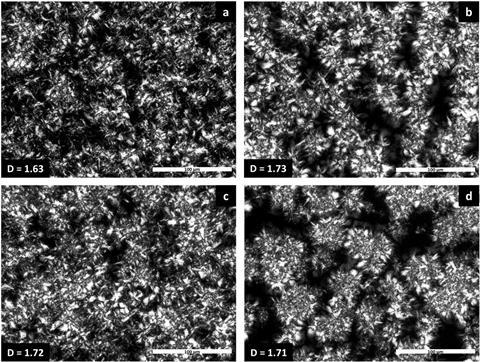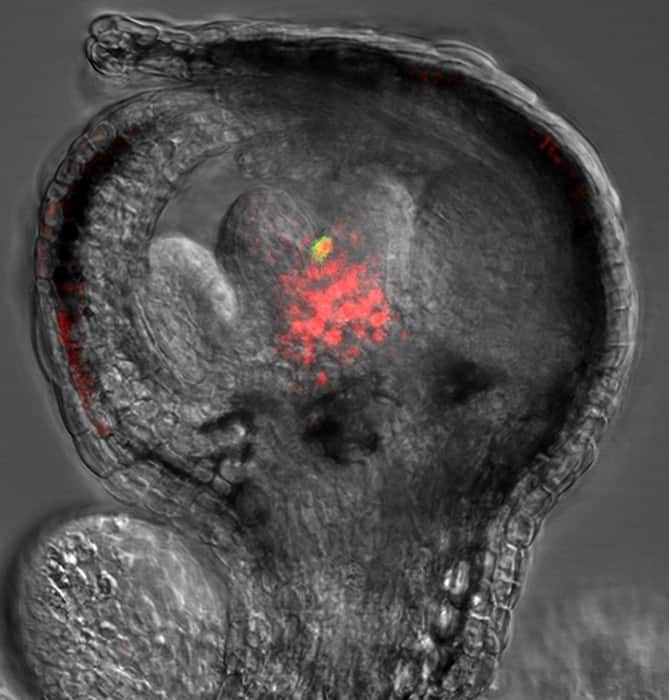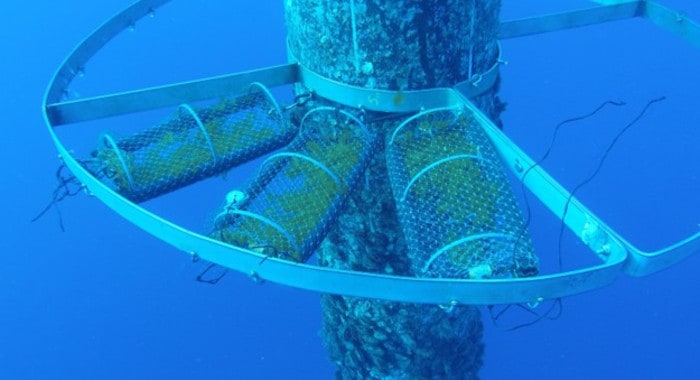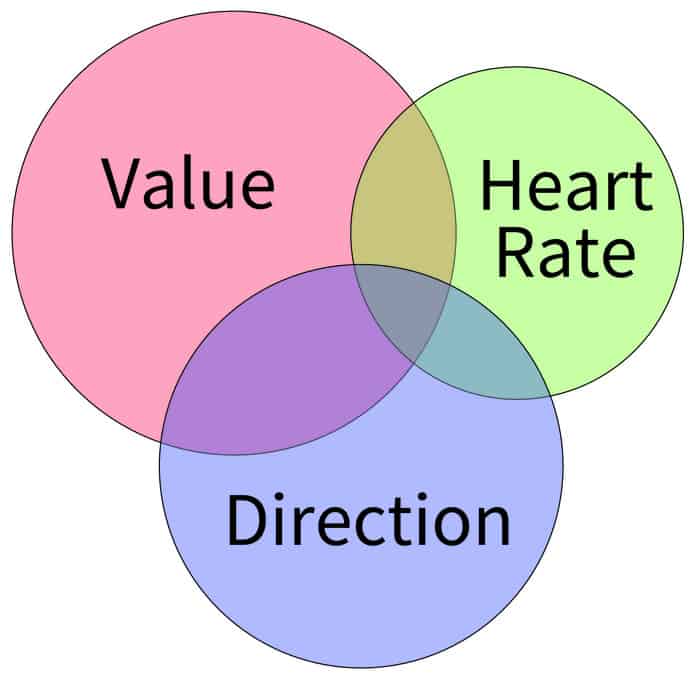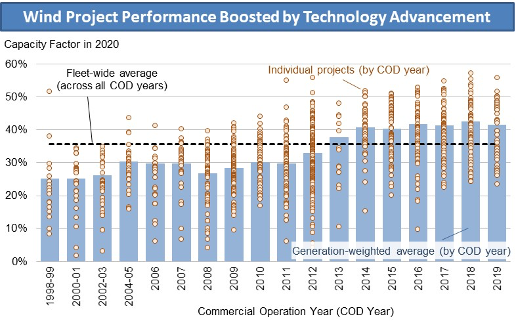Scientists have discovered how a single ingredient can create glossy, tasty, melt-in-the-mouth chocolate without having to go through the complex and lengthy tempering process. One of two phospholipids added to cocoa butter or molten chocolate in miniscule amounts promote the formation of the desirable chocolate crystal structure, called form V. This crystal form is crucial […]
Read More